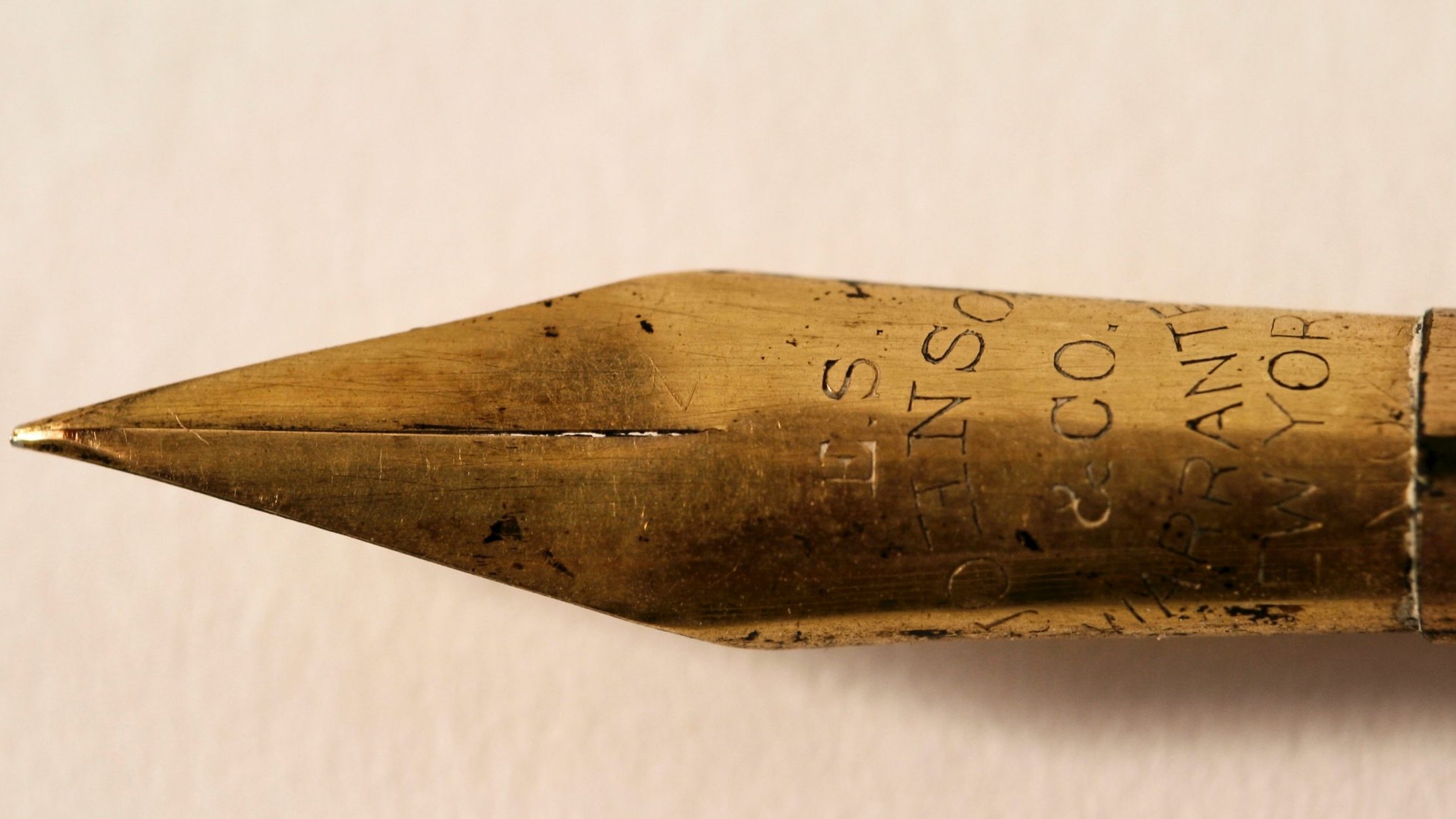
Paris, France
5 May 2023
The International Science Council (ISC) expresses its deep concern regarding government repression of scientific freedoms in Nicaragua and warns against the detrimental impact the resulting loss of knowledge and expertise will have for the peaceful and sustainable development of the country.
The ISC is committed to upholding the principle of freedom and responsibility in science, which lays out freedoms that are fundamental to scientific advancement and to human and environmental wellbeing. In Nicaragua, these scientific freedoms have been severely compromised by ongoing and escalating government interference in institutional autonomy and suppression of the country’s scientific and research communities.
This April marks 5 years since the widespread anti-government student protests, in response to which the Nicaraguan government began a large-scale crackdown on civil society and higher education, resulting in a sharp decline in the country’s scientific freedoms. Since then, more than 20 universities and thousands of civil society organizations have been forcibly closed by the government and have had their assets confiscated. Notably, May 2023 will mark one year since the cancellation of the Nicaraguan Academy of Sciences’ legal status. Many researchers have been forced into exile, and some have been stripped of their citizenship. Investigators appointed by the UN Human Rights Council recently published a report which concluded that crimes against humanity have likely been committed in Nicaragua.
The ISC urges the government of Nicaragua to reconsider the closing of universities and scientific organizations and the revocation of the Nicaraguan Academy of Sciences’ legal status, and to allow the free and responsible pursuit of science to resume. Failing to do so will risk isolating Nicaragua from the world’s scientific advances and losing the irreplaceable expertise and knowledge held by Nicaragua’s scientists and researchers. In a time of global crises affecting all humankind, this situation jeopardizes the peaceful and sustainable development not only of Nicaragua, but of the Latin American and Caribbean region, and the world.
The global scientific community must now stand together to develop effective strategies for redressing and mitigating the effects of the crisis in Nicaragua. In this, the ISC stands ready to support the Nicaraguan research community and to maintain research collaboration wherever possible.
The global scientific community must not forget our colleagues in Nicaragua, with whom we stand in solidarity.
The ISC encourages you to share with your networks
About: The International Science Council (ISC) is a non-governmental organization with a unique global membership that brings together over 230 international scientific unions and associations as well as national and regional scientific organizations including academies and research councils.
Contact: Alison Meston, Director of Communications, [email protected]